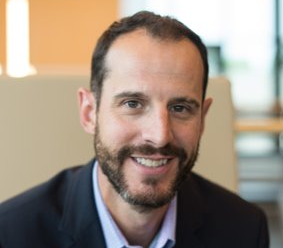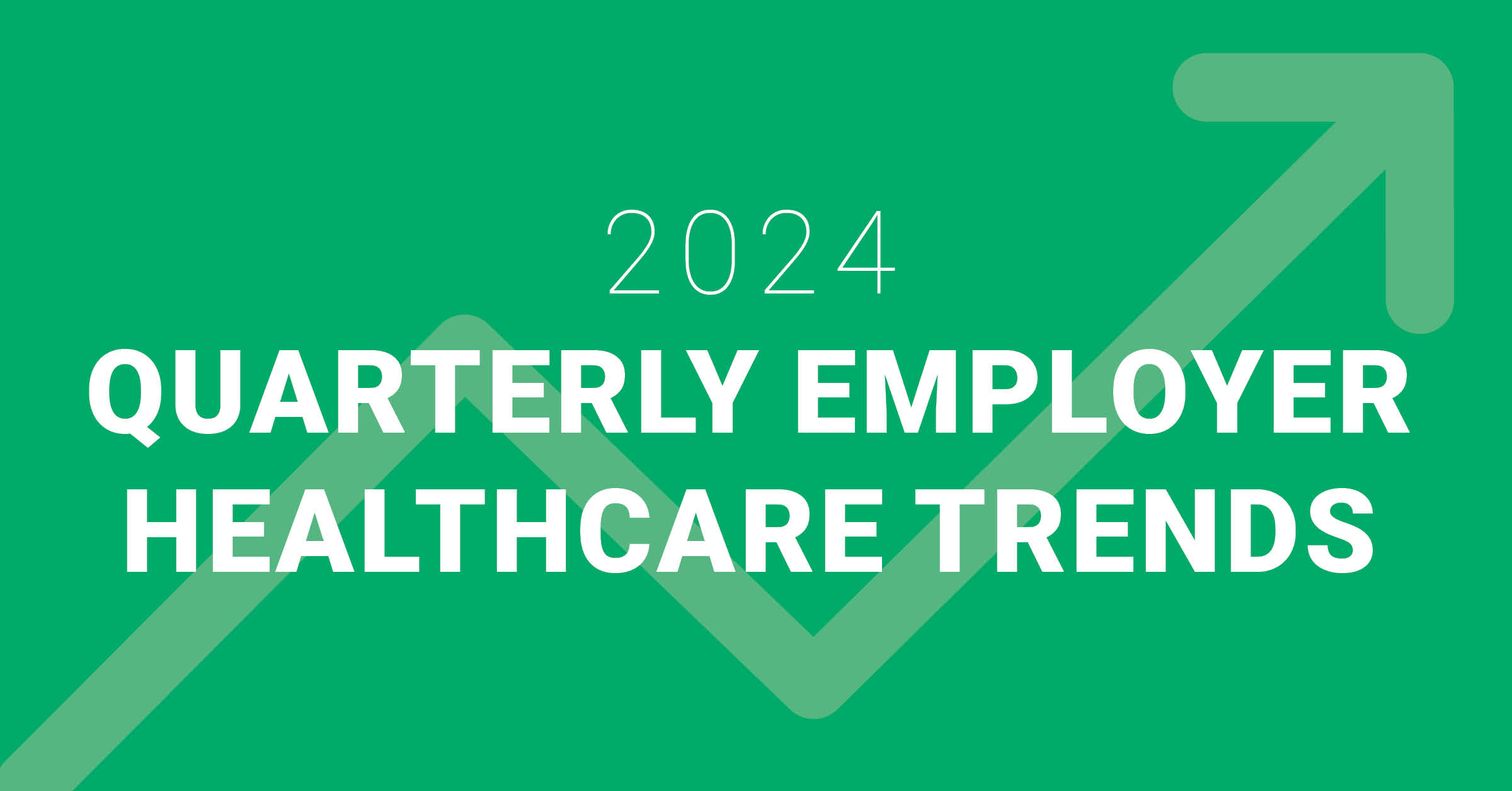Picture a typical doctor’s appointment. The patient shows up to a sterile office, paid to park and then walked a half mile to the office. Then he sits in a waiting room for 20 minutes or more, finally to get back to the exam room where he’s expected to explain his needs, get advice and receive next steps in under 10 minutes. The patient is sitting on the doctor’s table, on their turf. He leaves feeling rushed, unfulfilled and unsure of whether his actual problem was even addressed. And guess what — the doctor leaves the appointment with those same feelings. Healthcare jobs across the industry have left many unfulfilled. It’s a lose-lose situation because the playing field is totally messed up.
Let’s stick with a field analogy for a second because I’m a big sports guy. Imagine if today’s NFL quarterbacks were compensated based on how many balls they throw – not how many games they win. Wouldn’t that incentivize the quarterback to throw at any cost, regardless of whether that play resulted in yards gained, points scored or games won?
Today’s healthcare system is kinda like that. Doctors get compensated based on how many patients they see, not whether any of those patients actually get healthier. Ever notice how all the major hospital systems have added “Health” to their name? Too bad they didn’t update their policies, training, compensation guidelines and overall culture to align with “Health” at the same time.
Whenever you schedule a health appointment, whether it’s for unexplained headaches or to discuss a problematic lab result, your concern for your health and wellbeing is so important. In these situations — more than anything else — patients want a compassionate human being that can take the necessary time to truly hear concerns and ask good questions, not an unfamiliar provider with a 30-patient daily quota. Patients want a trusted partner to listen to their concerns, to empower them to make quality decisions and support them across their health journey.
Healthcare Jobs Must Allow Time to Build Patient Relationships
Today’s healthcare model favors transactions, not outcomes. It’s why primary care providers on average spend less than 10 minutes with a patient. The model rewards them for seeing as many patients as possible, not for helping people lead happier, healthier lives. It’s no surprise the number of U.S. adults with a dedicated primary care provider decreased over the last 20 years. Providers have lost hope in finding a healthcare job where they can actually practice to ultimately help patients.
To truly move the needle on improving health outcomes, you have to give providers time to build relationships, understand root causes and collaborate on a care plan that the patient feels empowered to manage. It sounds so simple — give them more time. But we have to unwind 50 years of bad habits and overcome a system steeped in policies and procedures that weren’t built with the end in mind. I’ve dedicated my career to being that change agent.
We have 16 years of data showing this approach not only helps patients become healthier, it saves employers millions of dollars in healthcare costs. And, providers love practicing this way! When we first explain our model to providers who have historically worked in a traditional healthcare setting, they think it sounds too good to be true. Once they join us, they never want to go back.
That’s because they spend 32 minutes on average with each patient and get to work with an integrated care team. So, if they have a diabetic suffering from depression, they can coordinate a care plan with the behavioral health specialist on the team. Or a patient who is suffering from lower back pain, can see our in-house physical therapist.
We staff each health center with an integrated care team, including primary care providers, health coaches, behavioral health counselors, nurses, physical therapists and diabetic educators who are steeped in our behavior-upgrade model and trained in motivational interviewing, mindfulness and appreciative inquiry to activate the patient’s intrinsic motivation to sustain behavior change.
Better Healthcare Jobs Help to Improve Patient Lives
Kickstarting that change starts by hiring the best providers, then enabling them with the tools, time and support to do what they do best. The model allows our providers to roll up their sleeves and change lives by understanding that the best medicine means more than a prescription.
We really dig into and own the very aspects that bring joy and meaning to the profession. Our team gains the freedom to spend more time with each patient and truly get to know them, so they can provide high-quality care and support that drives outcomes.
With care teams spread across the U.S., and clients of all sizes and industry, we understand each health center serves different member demographics, and requires a unique approach. We give our care teams autonomy, and empower them to run their health centers to achieve the greatest impact on member health and wellbeing.
We’re very intentional about listening to our care teams on the frontline, to ensure they receive the support and resources to make the biggest impact. We’re continuously optimizing our care model, and we’re proud of our agile approach to solving the biggest healthcare challenges facing our clients and patients.
Over the past 12 months, we’ve seen:
- 92% industry-leading provider retention
- Nearly 25% of our new hires come from ambassador referrals
- 95% of patients rate Marathon Health providers as Excellent or Good
At the end of the day, we’ve built a team of people who make healthcare their life’s work, and a phenomenal culture that emphasizes value over volume. Our care teams focus on patients, not paperwork, and truly enjoy the freedom to help each and every member improve their health and wellbeing. It’s about partnerships, relationships and taking ownership, while always striving for the best outcomes.
If you want to be a part of a team that’s changing how healthcare is delivered, be sure to check out our careers.
You might also like
Subscribe to our newsletter and stay on the cutting edge of worksite healthcare.










